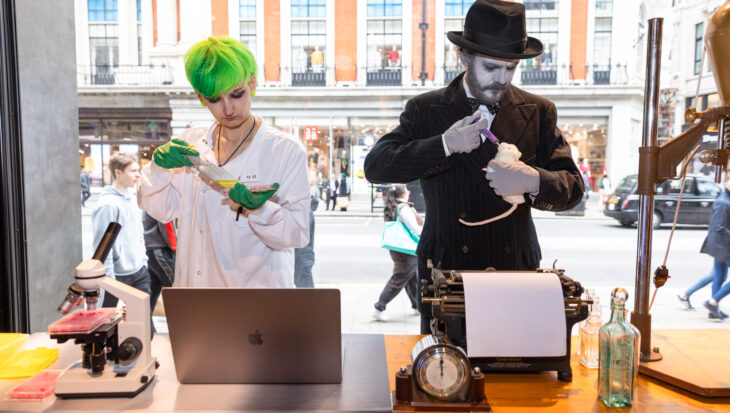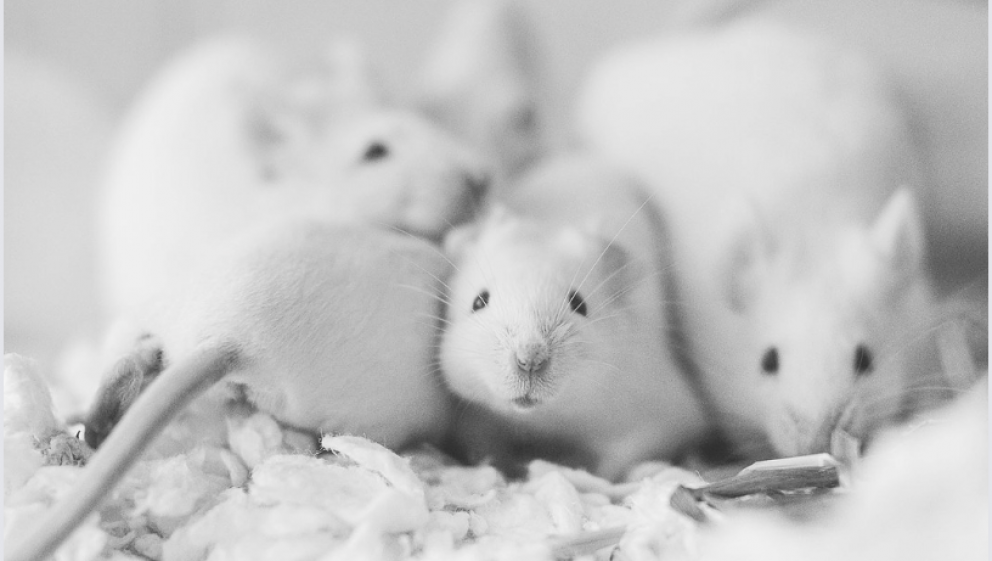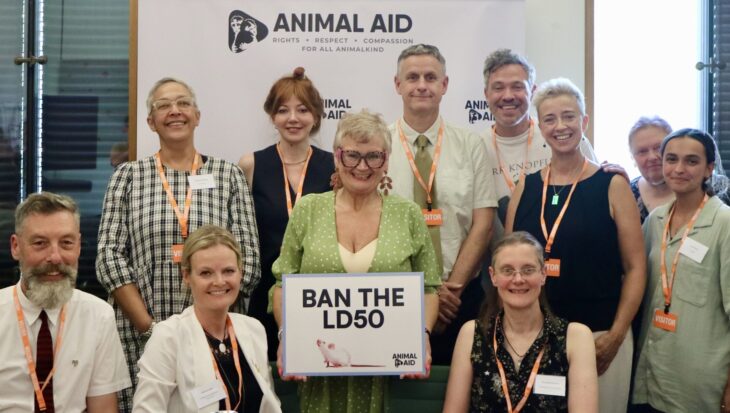Despite major scientific advances in animal-free toxicology in recent years, the LD50 and similar tests, currently use around 80,000 animals a year in the EU alone. More than four decades ago, in 1979, Animal Aid were reporting on the terrible suffering which animals were subjected to, during the LD50. Symptoms included ‘tremors, convulsions, swellings, bleeding from the mouth and nose, bulging eyeballs and difficulty with breathing’.
XCellR8 are a completely animal-free laboratory, based in Cheshire. Not only do they not use any live animals or animal tissues, they have chosen to take the ethical, and scientific decision, not to use any animal-derived products in any of their tests. XCellR8 were founded in 2008, and in 14 years have made huge progress and scientific leaps – they were awarded the Lush Training Prize in 2013, in recognition of their work training the scientists of the future in non-animal methods.
Read more about our collaboration with XCellR8 here: https://www.animalaid.org.uk/xcellr8-ld50-replacement/


